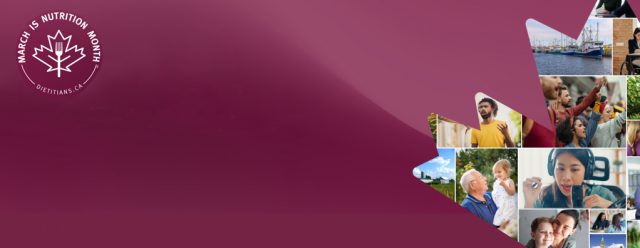Parts 1 and 2 focused on food security and food literacy respectively, as ingredients for a healthier tomorrow. This week for part 3, let’s explore the third key ingredient for a healthier tomorrow: food sovereignty.
Food sovereignty is where people and communities have the right to healthy and culturally appropriate foods with the ability to influence how and where they are produced. Food produced in ways that are ecologically sound and sustainable for specific communities are also factors in food sovereignty.
There are seven pillars to food sovereignty, including the focus on food for people, that it works with nature, localizes food systems, values food providers, and puts control locally. One of the biggest links with food sovereignty and these pillars is that it centers around the ability of the local community.
A community strong in food sovereignty will include such things as putting local requirements at the center of policies, reducing the distance between food providers and consumers, that it optimizes local ecosystems and respects the work of all local food providers.
For more information on food sovereignty and March is Nutrition Month, check out all of the available information at Dieticians of Canada, March is Nutrition Month.
March is Nutrition Month is an annual campaign lead by the Dietitians of Canada. This year’s theme for the campaign is Ingredients for a Healthier Tomorrow. The five key “ingredients” that will be featured this month that promote a sustainable food system are food security, food literacy, food sovereignty, sustainable food choices, nutrition care and prevention.
By: Nathaniel Smith, Health Promotion Specialist at CFB Borden







